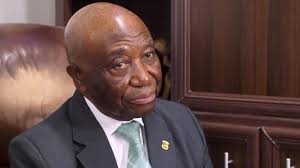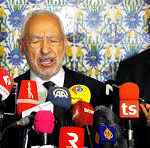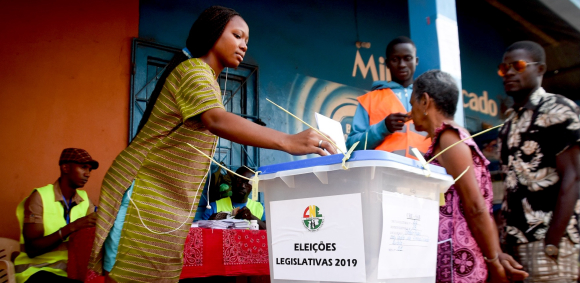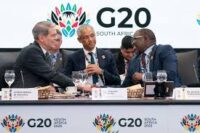A $1.8 billion mining and rail infrastructure deal between Liberia and U.S.-owned Ivanhoe Atlantic, a subsidiary of High Power Exploration (HPX), has stirred controversy following conflicting statements from Liberian government officials and the U.S. Embassy in Monrovia. The U.S. Embassy announced on July 7 that the agreement would significantly boost Liberia’s economy, praising it as a milestone for investment in West Africa.
However, Mines and Energy Minister Wilmont Paye downplayed the significance of the signing, claiming it was merely an “expression of interest” rather than a finalized, binding agreement. His remarks were later contradicted by Information Minister Jerelinmick Piah, who insisted the Liberian government had formally agreed to the deal.
The confusion has prompted concerns about transparency and governance, especially as President Joseph Boakai prepares for a high-profile meeting with U.S. President Donald Trump in Washington. Analysts believe the Boakai administration is pushing to fast-track the HPX railway deal to solidify U.S. economic ties ahead of the bilateral talks.
The agreement centers around granting HPX access to Liberia’s existing rail infrastructure to transport iron ore from its Nimba project in neighboring Guinea to the port of Buchanan. The project has already faced tensions, as ArcelorMittal, another global mining giant with long-term investments in Liberia, previously sought exclusive rights over the rail line, leading to disputes over infrastructure access and national interest.
If successfully implemented, the deal could position Liberia as a regional logistics hub, support economic growth, and strengthen U.S.-Liberia relations. However, the lack of clear communication from the Liberian government has raised concerns among civil society groups and international observers over the transparency and long-term benefits of the deal.














Leave a comment